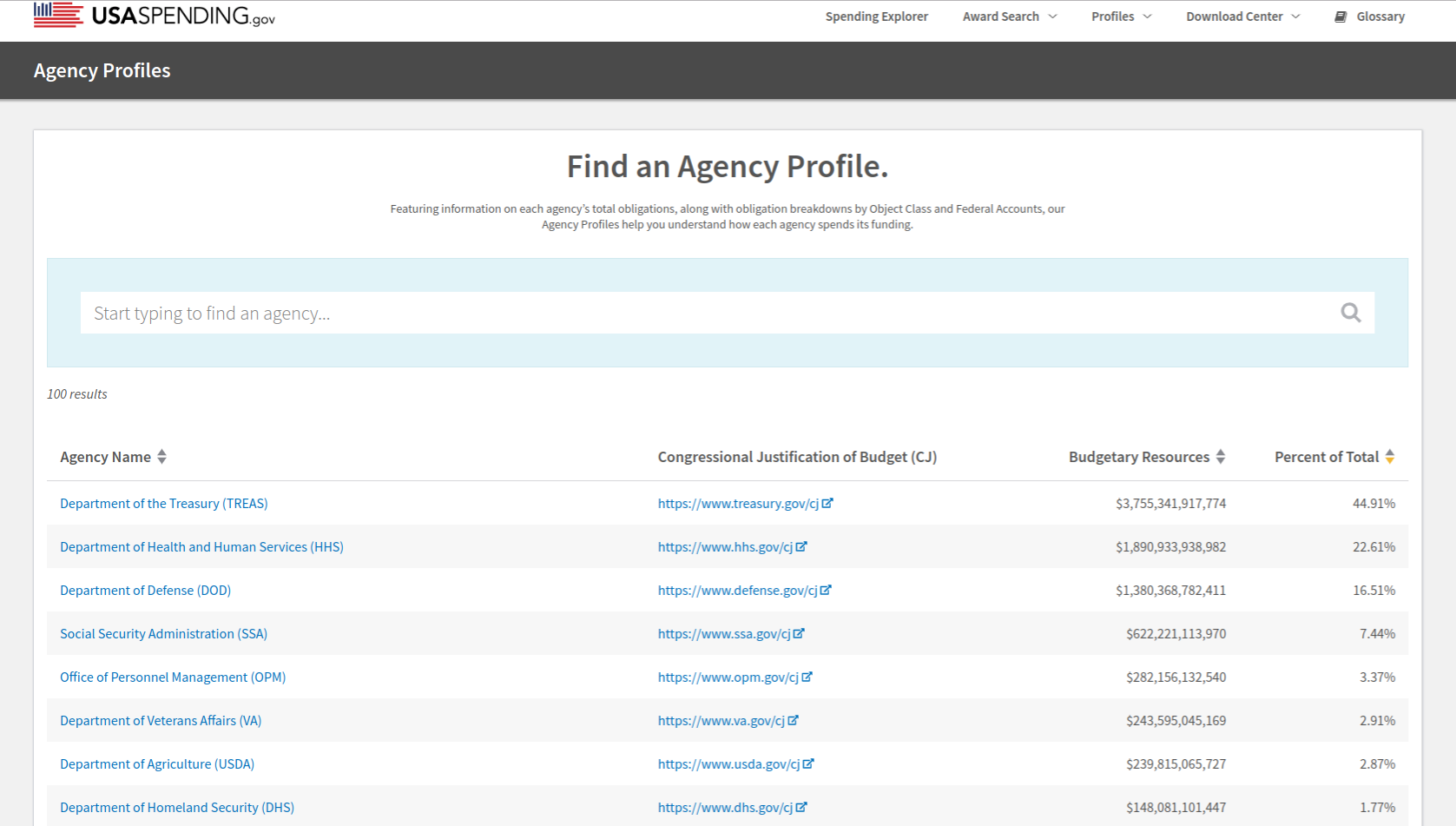The OLC SUNLIGHT Act — which would bring desperately needed transparency and accountability to the often secret opinions of the Department of Justice’s Office of Legal Counsel — was introduced today.
How often are those opinions secret? No one knows, because there’s no publicly or congressionally-available list of all the opinions. The opinions that have become publicly available reveal that they often have undermined federal legislation and reinterpreted the Constitution in ways favorable to the executive branch and harmful to the framers’ system of checks and balances. This is intolerable.
The OLC Sunlight Act does two things —
- It requires a publicly available list of all OLC opinions, including when they are issued and a summary of the legal question presented.
- It requires OLC to publish all its final opinions online, with allowances for text to be withheld when it is properly classified, contains materials that impact privacy, and in other limited circumstances.
The original cosponsors are Reps. Matt Cartwright, (PA) Mike Quigley (IL), Zoe Lofgren (CA), Blumenauer (OR), Cardenas (CA), Carson (IN), Clay (MO), Davis (CA), Gomez (CA), Johnson, Jr. (GA), Hill (CA), Holmes Norton (DC), Phillips (MN), Raskin (MD), Tlaib (MI), and Vargas (CA). A bipartisan coalition of 17 organizations from across the political spectrum, including us, issued a letter endorsing the legislation.
Congress has long struggled to provide public and congressional transparency to OLC opinions. We are a nation of laws, not a nation of secret laws. In our system of government, Congress makes the law, not the president, and the president must faithfully execute the law.
We applaud the cosponsors for introducing the legislation. Public access to OLC opinions has long enjoyed bipartisan support, and we urge all Members of Congress to take up the fight for the rule of law.
